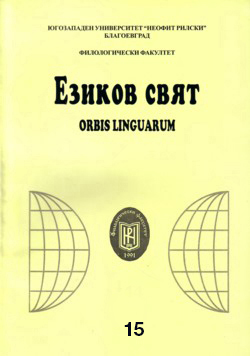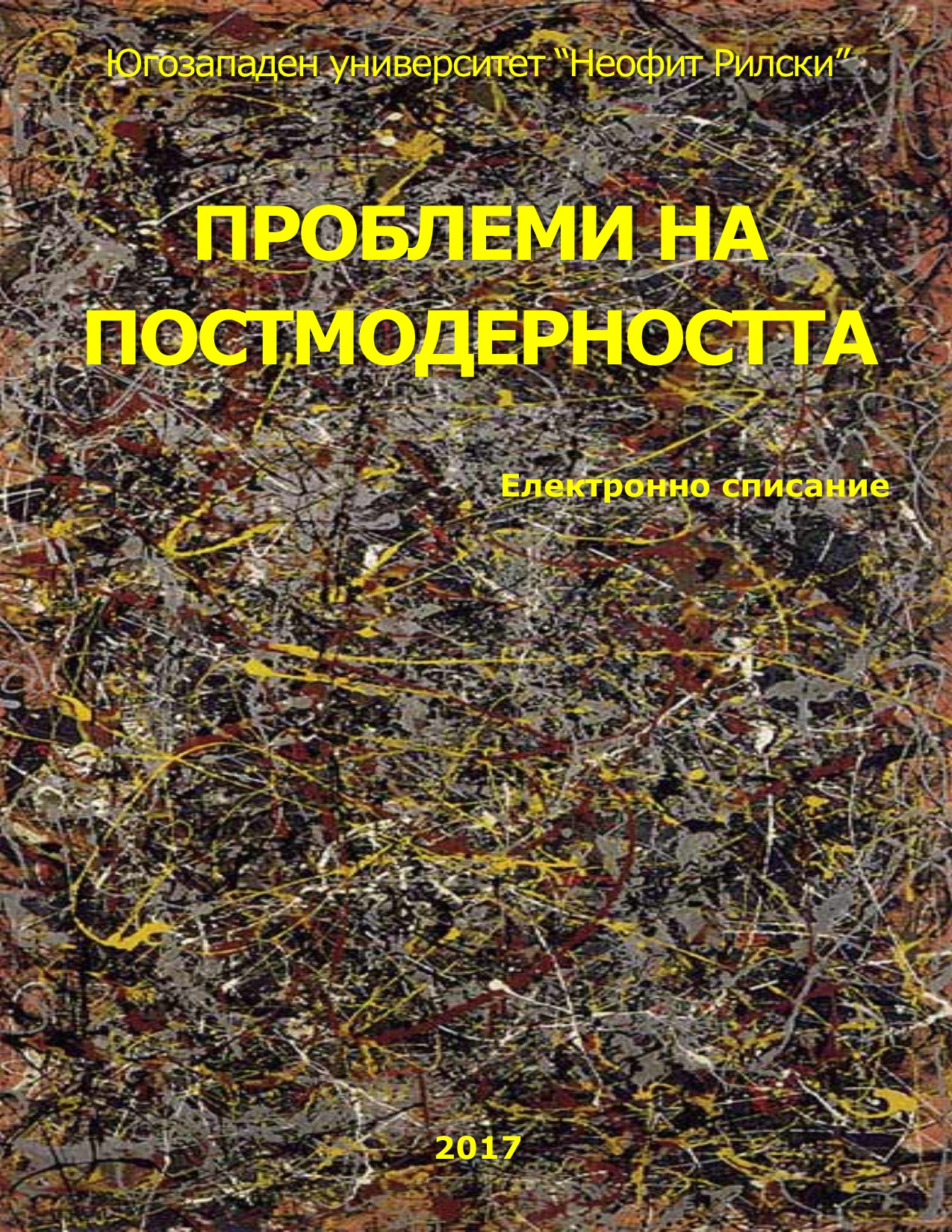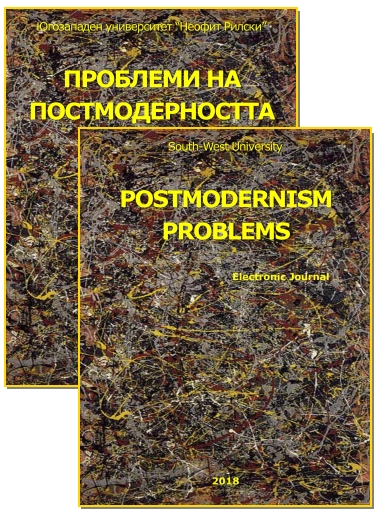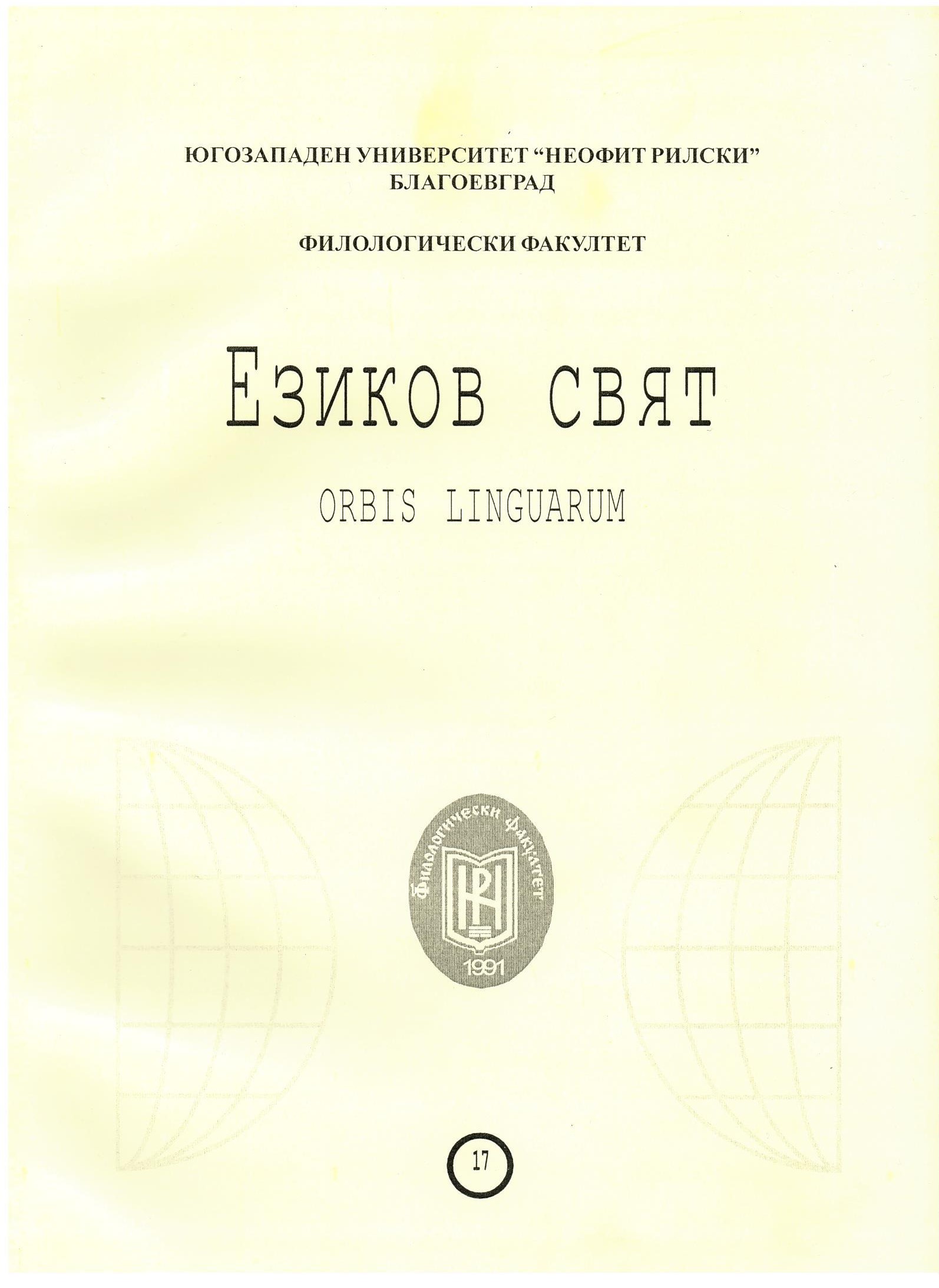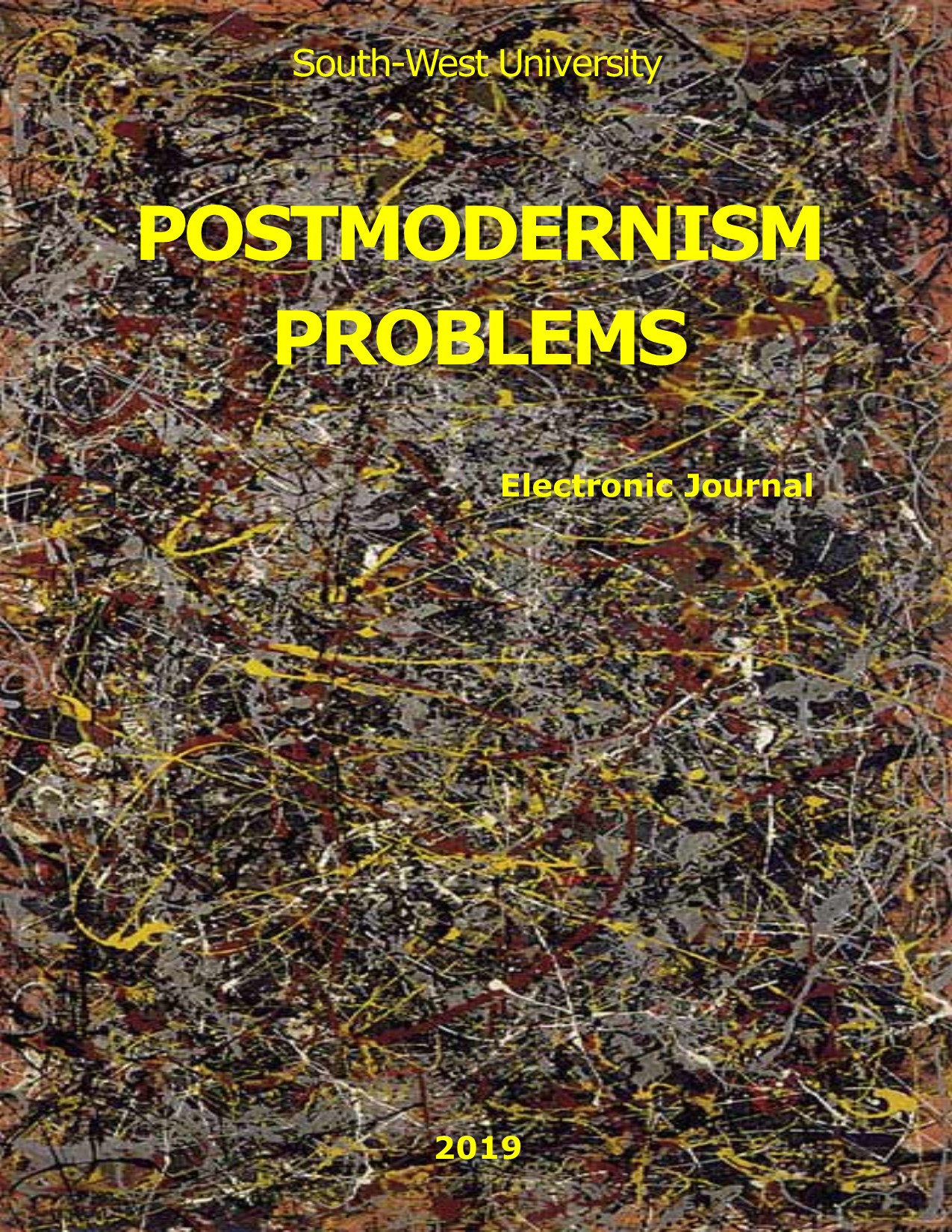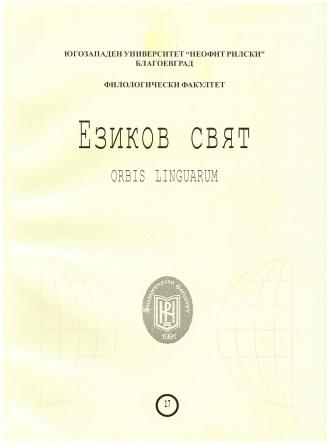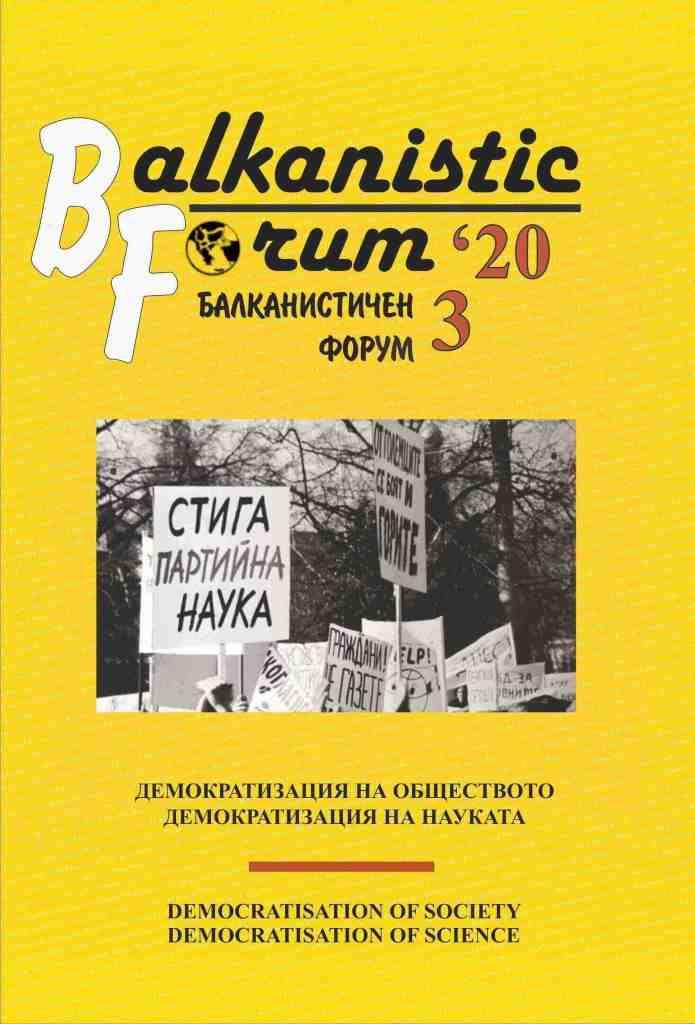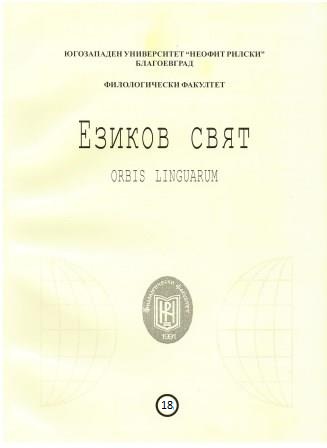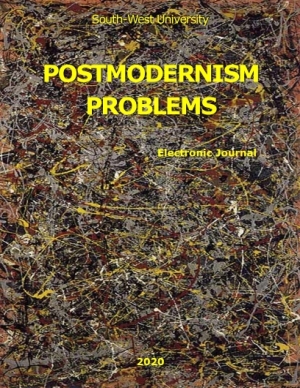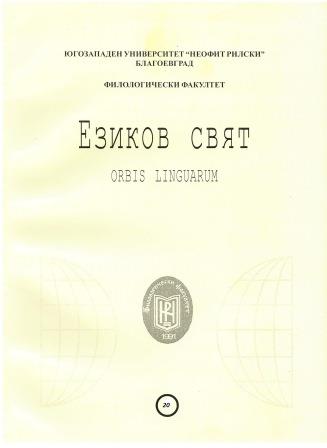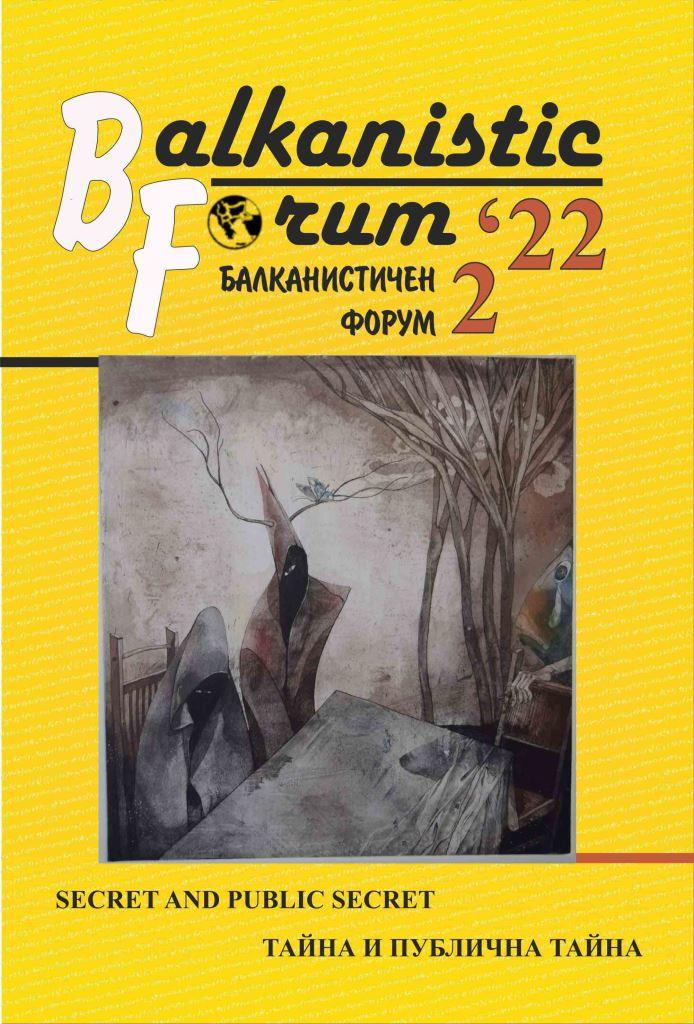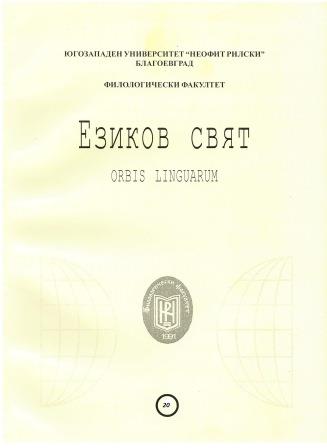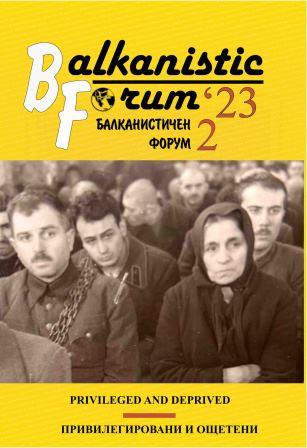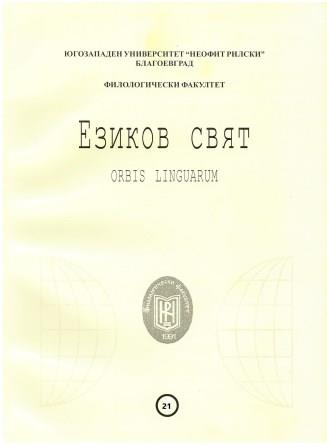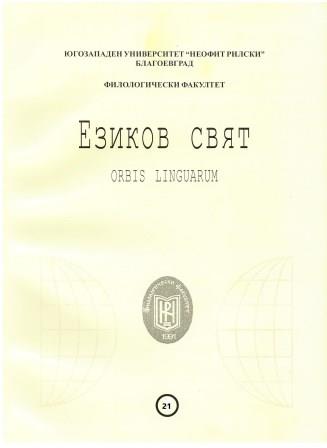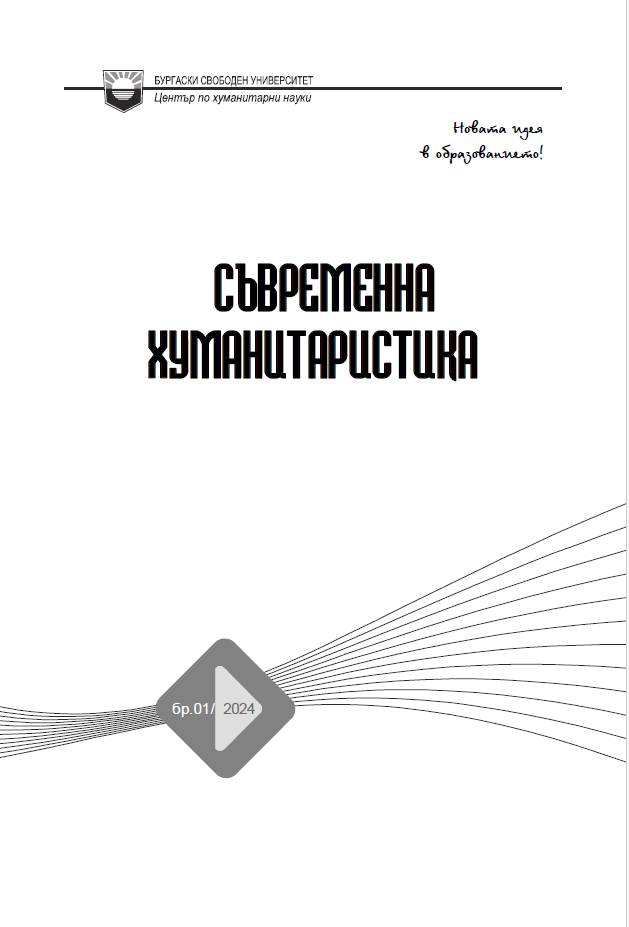Author(s): Sonya Hristova / Language(s): Russian
Issue: 1/2019
The article is dedicated to gender as a social factor that determines the peculiarities of speech development. But besides the biological differences between people, there is also a division of their social roles, forms of activity, differences in behavior and emotional characteristics, or a gender, which means a set of social and cultural norms that society requires people to fulfill according to their biological sex. It is an essential characteristic of the personality, a specific way of the identification of the speaking person among the other members of the society. In language, gender relations are expressed through culturally determined stereotypes, speech etiquette leaving a mark on the behavior, on the processes of the language socialization, the social expectations and the speech behavior of the personality. Communication between men and women is a kind of "intercultural communication" because, above all, they are persons with equal opportunities, rights and freedoms. Speech communication is also a complex process, an essential part of human activity. The linguistic representation of men and women reveals features of male and female speech on all levels. The term gender was used to describe the social, cultural, psychological aspects of the "feminine" as compared to the "masculine", that is, in isolating everything that shapes traits, norms, stereotypes, roles, typical and desirable for those whom society defines as women and men, of one’s language, features that manifest themselves in different centuries, in different types of social groups, for example the speech etiquette of the Russian and English aristocracy in 19th century.
More...
